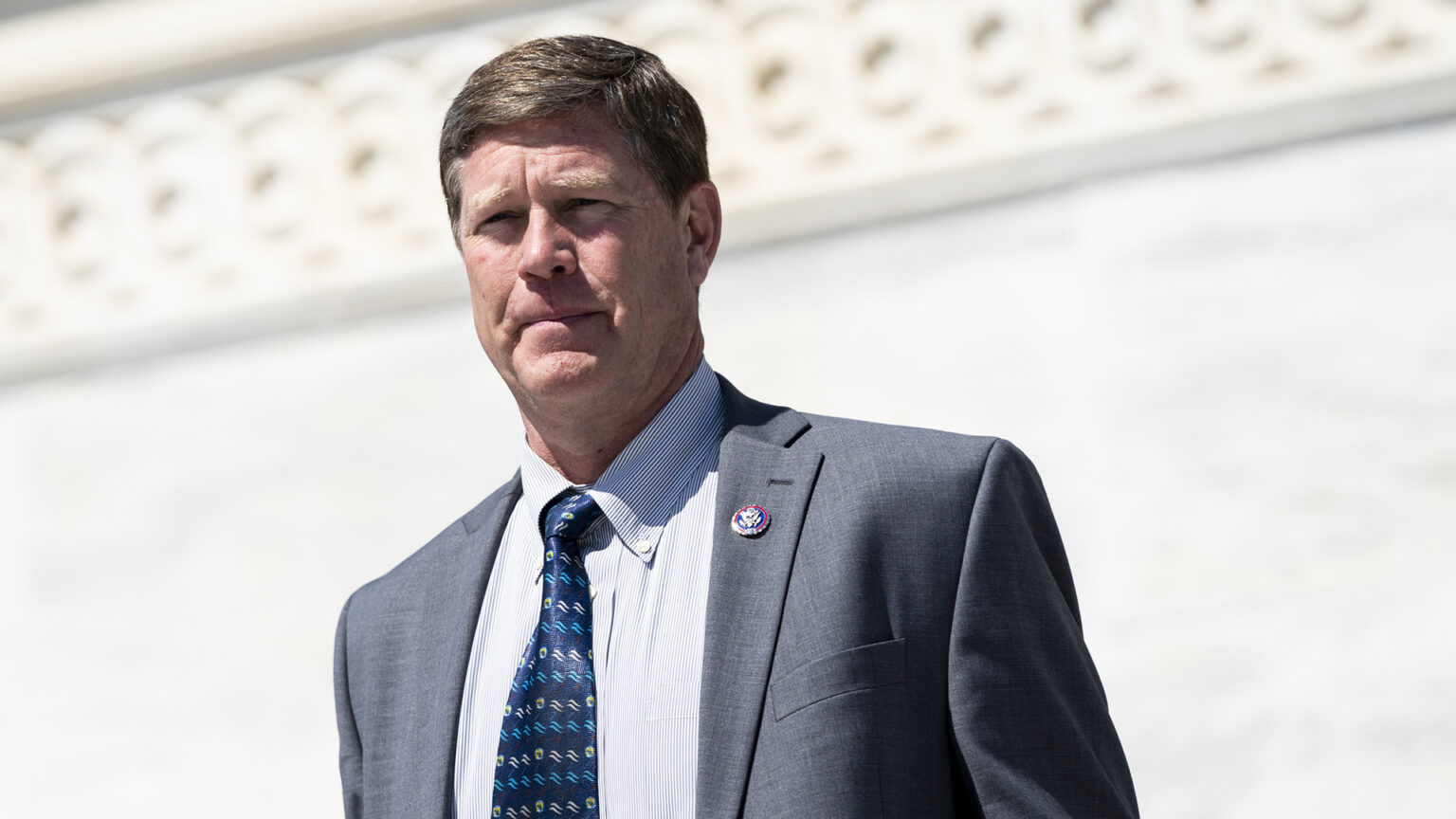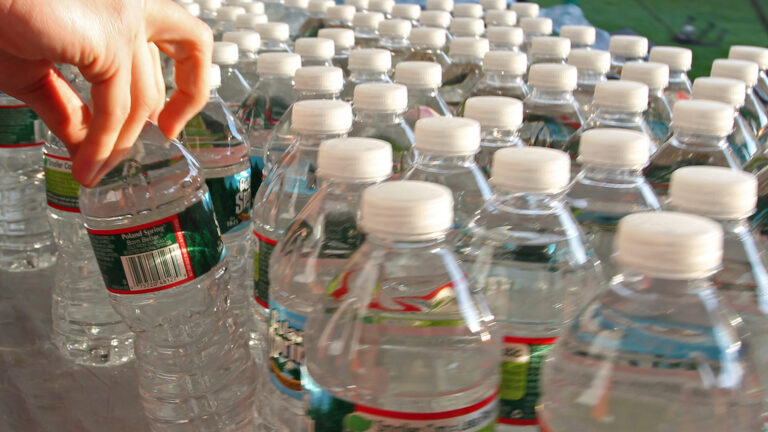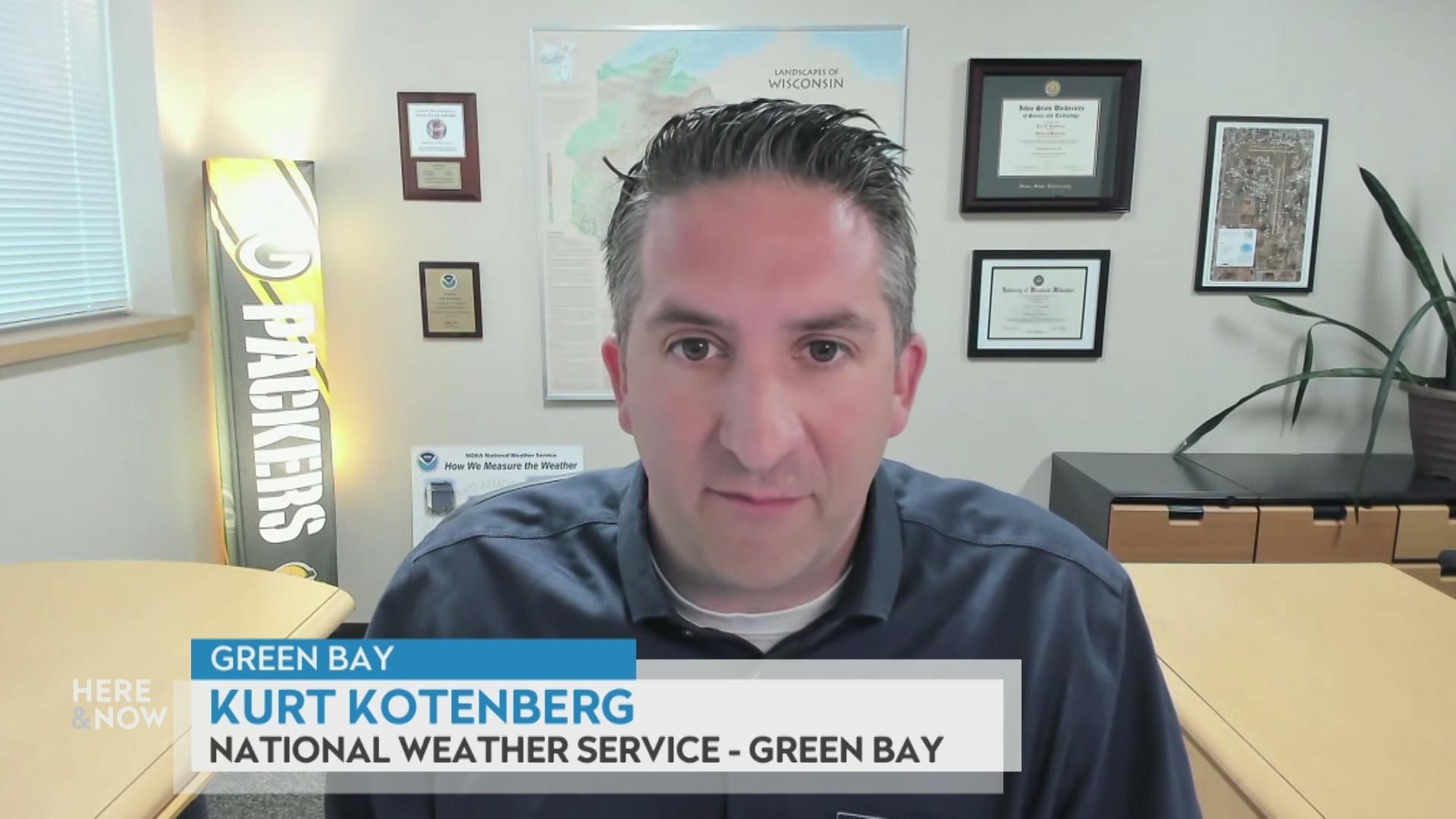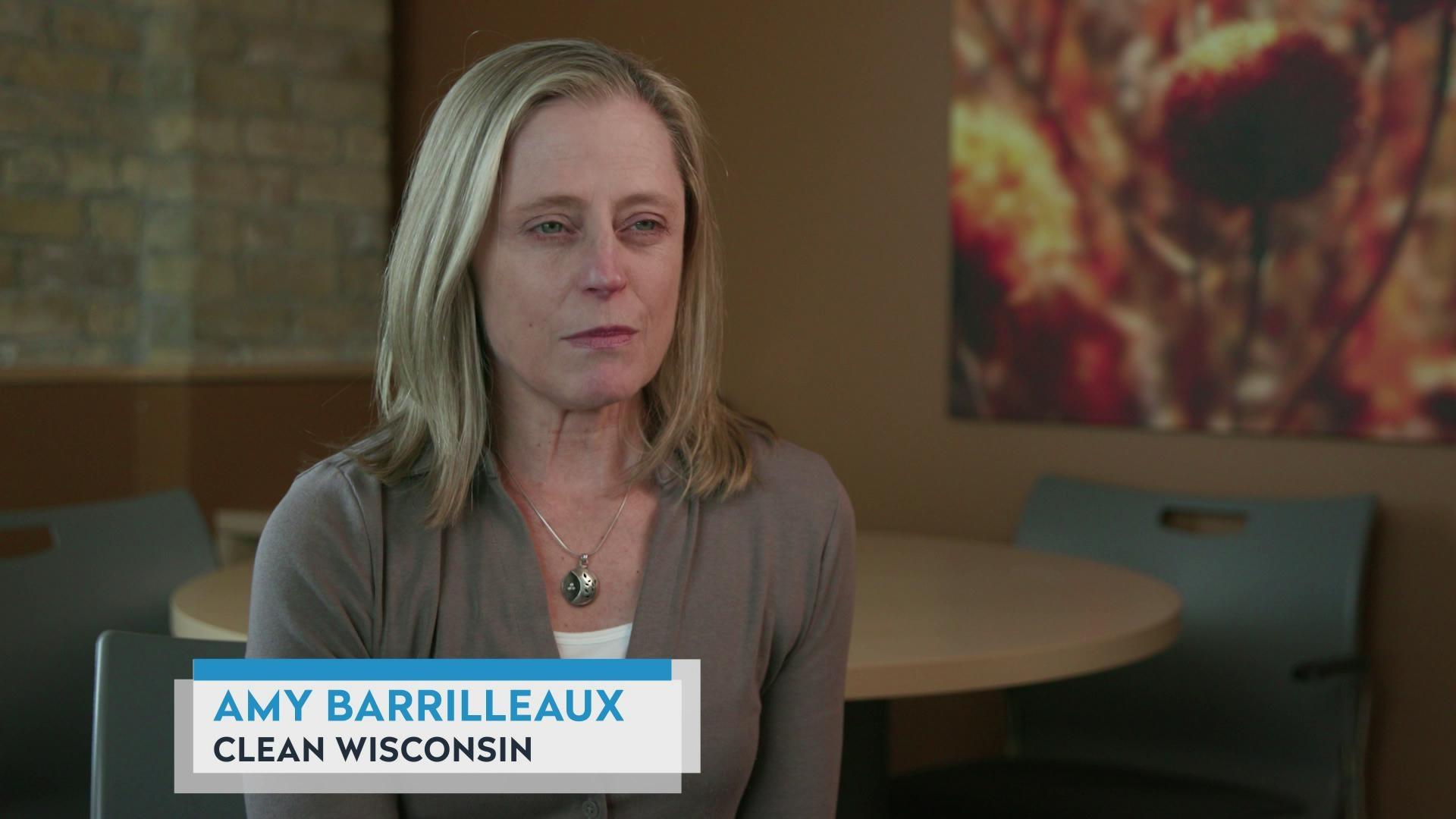U.S. Rep. Ron Kind among French Island residents grappling with PFAS
'There's nothing that hits you in the gut harder than the thought that you don't have safe drinking water,' the retiring member of Congress says.
Wisconsin Watch
September 21, 2022 • West Central Region

U.S. Rep. Ron Kind, D-Wis., is a French Island resident whose well water is contaminated with PFAS. He is pictured in Washington, D.C., in 2021. (Credit: Bill Clark / CQ-Roll Call, Inc. via Getty Images)
Contaminated water doesn’t care who owns the well it infiltrates. It could be the home of a customer service worker or firefighter.
Even a member of Congress.
That’s the case for U.S. Rep. Ron Kind, a Democrat who lives on French Island and has represented Wisconsin’s 3rd Congressional District since 1997. His well contains 3.73 parts per trillion of combined PFOA and PFOS — two types of hazardous PFAS “forever chemicals.” It’s far from the worst on French Island, but he and his wife, Tawni Kind, are not taking any chances.
They drink bottled Culligan water like their neighbors and installed filters in their Campbell home. Like other residents, they await a long-term solution to the crisis.
“There’s nothing that hits you in the gut harder than the thought that you don’t have safe drinking water,” the lawmaker told Wisconsin Watch. “A couple of years ago, my eldest son developed testicular cancer. And so Tawni and I are wondering whether that was related to PFAS exposure that he had as a kid growing up on French Island.”
Kind, whose district follows the Mississippi River and covers much of western Wisconsin, is not seeking reelection. He would not detail his plans for his term’s end in January, but he looks forward to spending more time fishing and bowhunting in Wisconsin.
In Washington, Kind has helped shape a national response to PFAS, which includes allocating billions of federal dollars for testing and cleanup.
A member of the bipartisan Congressional PFAS Task Force, he worked to enable states and local governments to obtain funds for PFAS remediation through the American Rescue Plan Act.
The Infrastructure Investment and Jobs Act, enacted in 2021, included an additional $5 billion to address PFAS in drinking water in U.S. communities facing “disproportionate impacts.”
Wisconsin’s largest business lobby has filed a lawsuit to stop the state Department of Natural Resources from enforcing a law governing pollution spills. Kind fears that a successful challenge would set a “dangerous precedent” and “would disarm the DNR from any meaningful role in protecting people throughout the state.”
“I think we need a national standard … that would prohibit the manufacturing of these chemicals that are above that,” he said. “I just wish that there was a greater sense of urgency. I know this stuff gets complicated, but, boy, we just don’t have the luxury of time when it comes to this.”
Bennet Goldstein covers water quality and other environmental issues for Wisconsin Watch and the Mississippi River Basin Ag & Water Desk, a consortium of 10 news organizations. He is a corps member with Report for America, a national service program that places journalists into local newsrooms. The nonprofit Wisconsin Watch collaborates with WPR, PBS Wisconsin, other news media and the University of Wisconsin-Madison School of Journalism and Mass Communication. All works created, published, posted or disseminated by Wisconsin Watch do not necessarily reflect the views or opinions of UW-Madison or any of its affiliates.
 Passport
Passport











Follow Us